Skin Care
Worried If Your Skin Allergy Is Something Serious? Here Are Things You Should Know!
4 min read
By Apollo 24|7, Published on - 12 August 2022, Updated on - 29 July 2023
Share this article
0
7 likes
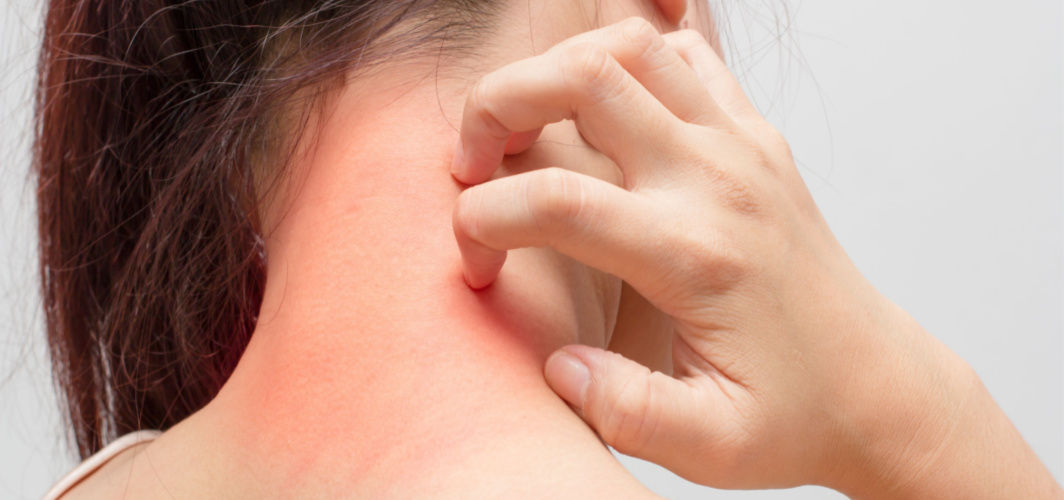
You will be surprised to know that everything around us, be it food, water, sunshine, latex, medicines, or pollens, anything can act as an allergen and trigger an allergic response on the skin. From simple rashes to rough, itchy, inflamed skin, these allergens can result in a variety of symptoms. When the skin is exposed to any of these allergens, the body’s immune system deploys fighter cells to kill the invaders, which exhibit on the skin in the form of rashes or swellings. Let us know more about skin allergies and the ways to deal with them.
What Do You Mean by a Skin Allergy?
A skin allergy is a response that our immune system generates when an invader, such as allergens like food, pollen, medicines, or other such substances, enters our body. The immune system triggers this allergic response to shield us from the underlying harmful illnesses. Rashes, red skin, and other such skin disorders can be symptoms of a skin allergy. Different allergens may result in different types of allergies.
The Most Common Types of Skin Allergies
Different types of skin allergies are caused by various allergens, however, some of the common ones include:
1. Contact Dermatitis: Have you ever had a rash after using any new product or wearing something new? It could have been ‘contact dermatitis’. The affected person may experience mild to severe symptoms such as redness, swelling, bumps, blisters, scaly patches, and rashes.
- An allergen, such as chemicals in your daily product like sunscreen or soap can come into contact with your skin and trigger an allergic reaction if your skin is sensitive to such chemicals.
- Some chemicals, such as those found in face creams, shaving creams, and fragrances, can also trigger an allergic reaction.
- Airborne particles like pollen can also bring on dermatitis, which is known as ‘airborne contact dermatitis.
- Another condition, known as ‘photoallergic contact dermatitis, is triggered by the sun.
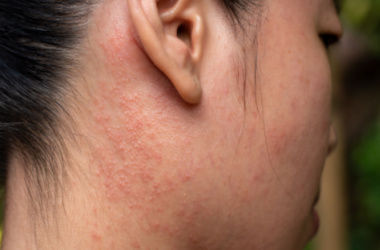
2. Hives: Hives are lumps or welts that are elevated, red and irritating. They can occur due to an allergic response to foods, medicines, and insect stings. Hives frequently exhibit immediate symptoms and go away in a few hours or days.
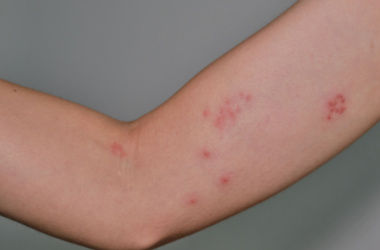
3. Eczema: This is sometimes referred to as ‘atopic dermatitis. It is a long-term allergy disorder that often starts in childhood. What exactly causes eczema is still unknown, however, some triggers like dust, cleaning detergents and pet dander can cause flaky, itchy and dry skin.
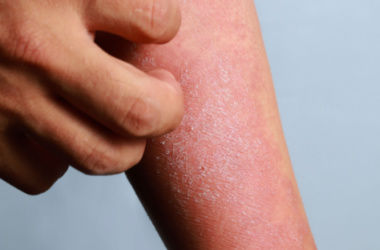
How to Prevent Skin Allergies?
While you may not be able to dodge the allergens present in the environment, you can protect your skin by using products with fewer ingredients. Measures that may help you prevent skin allergies include:
- Do a patch test before using any product that includes chemicals that are not known to you. Apply a tiny quantity to your elbow or behind your ear and wait for at least 48 - 72 hours.
- On the recommendation of your doctor, you can go for allergy testing like a skin prick test or intradermal skin test to check if you are allergic to something.
- Always apply perfumes or deodorants on your clothing rather than on your skin as it would lessen the possibility of an allergic reaction on your skin.
- There is no assurance that a product will be gentle on your skin even if it is labelled as a 'lab tested', 'hypoallergenic', or 'sensitivity tested' product. Be cautious of what you put on your skin. Read the labels carefully before using any product.
How to Treat Skin Allergies?
While it is best to consult a doctor to get treated for skin allergies, measures that may help include:
- In case you are suffering from any skin allergy, you should dress comfortably in loose, cotton clothing.
- You can use cold compresses to relieve the burning and redness of the affected area or run a cool shower.
- You can apply calamine lotion to the affected area.
- You can take a milk or oatmeal bath.
- Use the medicines as prescribed by the doctor.
Skin allergens can be present anywhere in your surroundings. Rarely, skin allergies can cause anaphylaxis, a potentially fatal allergic response, which may present as wheezing, experiencing tightness in the chest, or breathing difficulties. Consult your doctor if your allergy causes significant discomfort or persists for longer than a few weeks.
Consult an Apollo Dermatologist
Medically reviewed by Dr Sonia Bhatt.
Skin Care
Leave Comment
Recommended for you
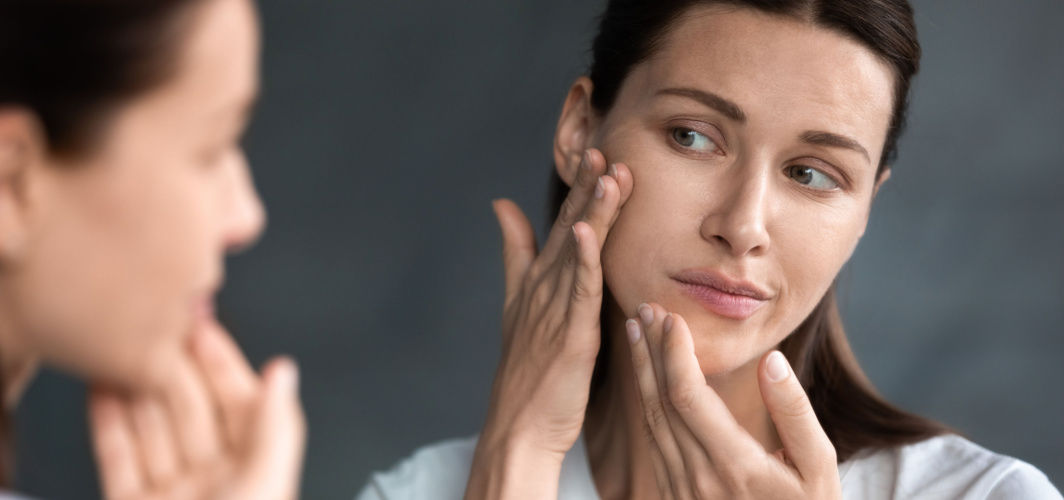
Skin Care
Worried About Premature Ageing of the Skin? Here’s What to Avoid!
Are you worried that your skin might be ageing earlier than expected? Don’t know why your skin is wrinkling and sagging? Read on to find out about the most common causes of premature ageing of the skin.
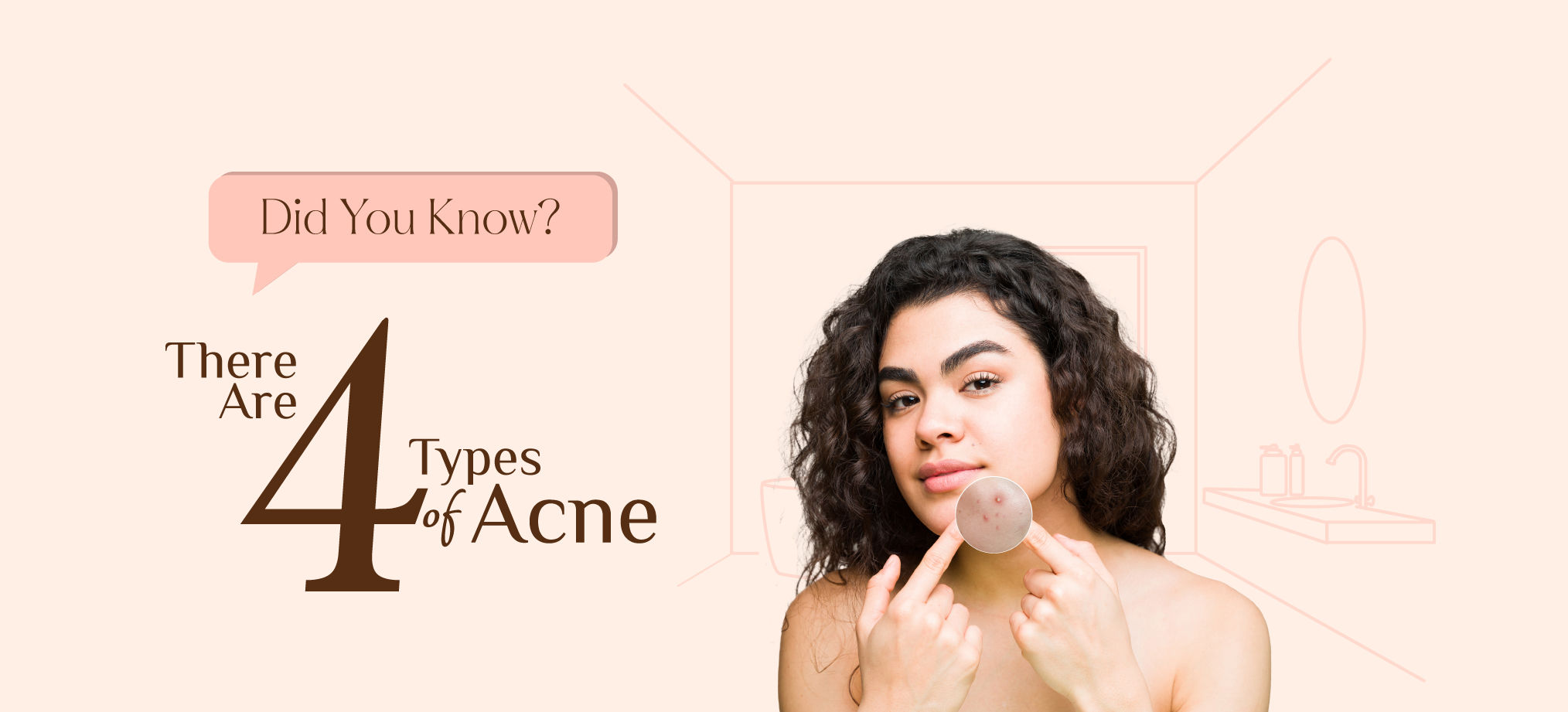
Skin Care
Acne Guide 101: Which Kind Of Acne Are You Experiencing?
Although teenagers and young adults are most prone to develop acne, it can affect individuals of any age. It's important to address this condition promptly to minimise its impact. Read to know more.

Skin Care
Is Cow Milk The Reason Behind Your Acne Breakouts?
Cow milk contains whey protein, which has often been seen to contribute to acne and breakouts.
Subscribe
Sign up for our free Health Library Daily Newsletter
Get doctor-approved health tips, news, and more.
Recommended for you

Skin Care
Worried About Premature Ageing of the Skin? Here’s What to Avoid!
Are you worried that your skin might be ageing earlier than expected? Don’t know why your skin is wrinkling and sagging? Read on to find out about the most common causes of premature ageing of the skin.

Skin Care
Acne Guide 101: Which Kind Of Acne Are You Experiencing?
Although teenagers and young adults are most prone to develop acne, it can affect individuals of any age. It's important to address this condition promptly to minimise its impact. Read to know more.

Skin Care
Is Cow Milk The Reason Behind Your Acne Breakouts?
Cow milk contains whey protein, which has often been seen to contribute to acne and breakouts.